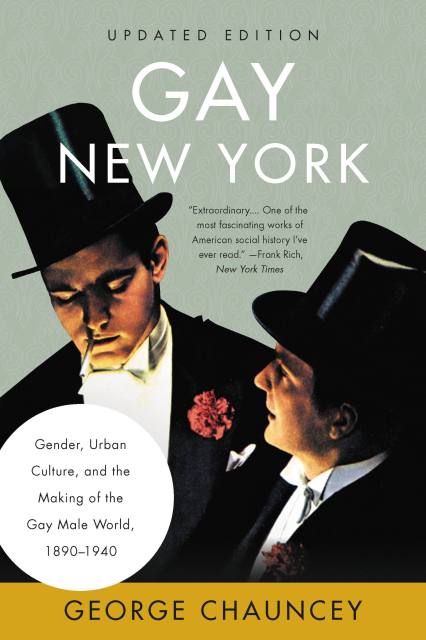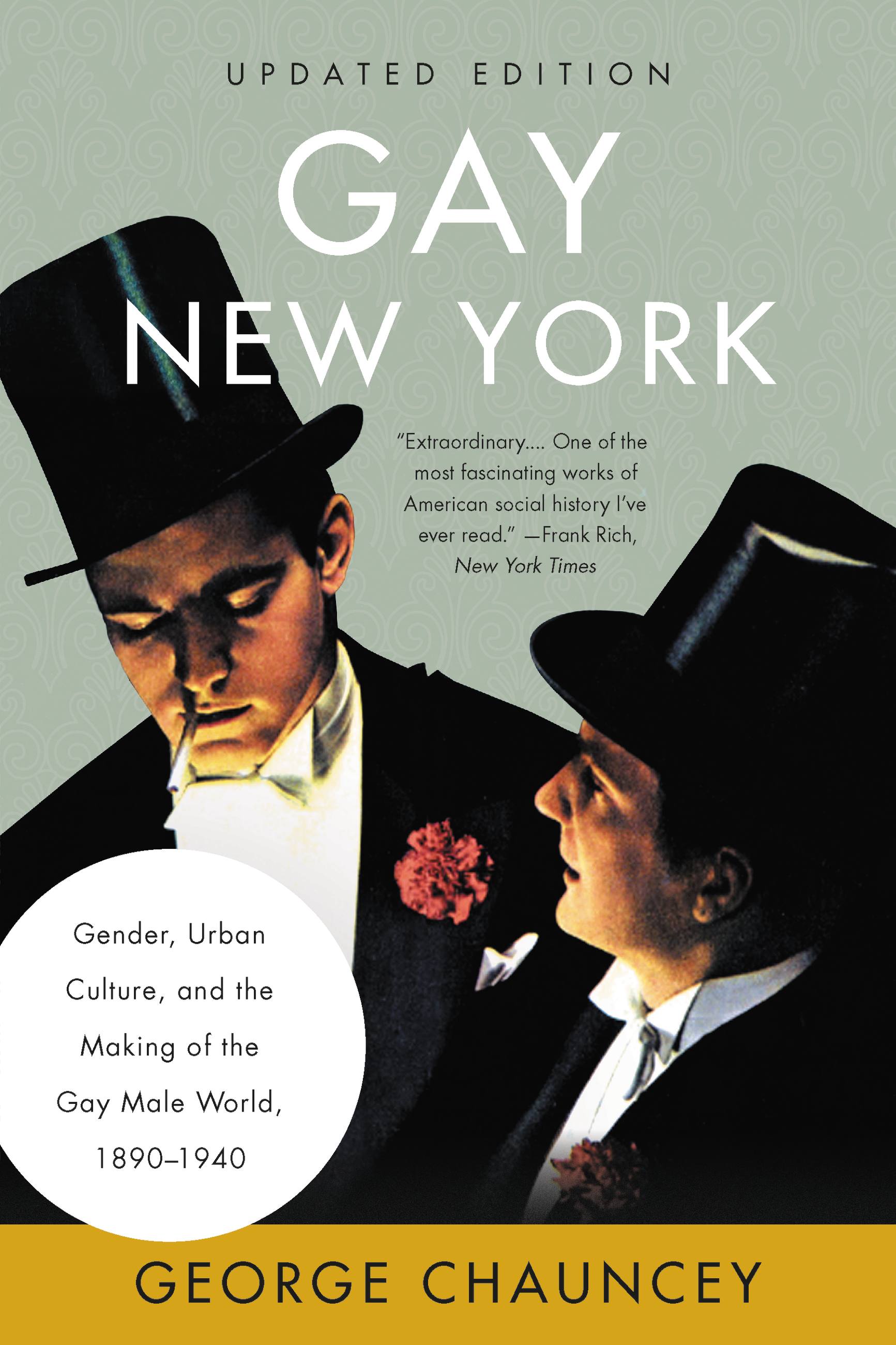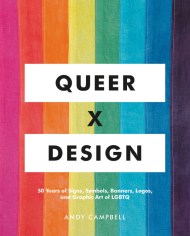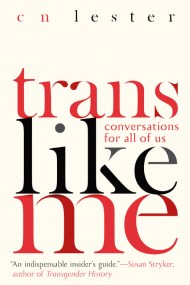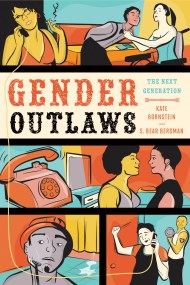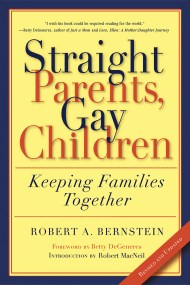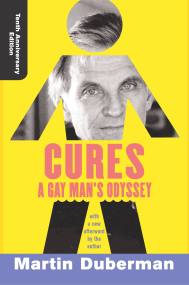Gay New York
Gender, Urban Culture, and the Making of the Gay Male World, 1890-1940
Contributors
Formats and Prices
- On Sale
- Aug 1, 2008
- Page Count
- 496 pages
- Publisher
- Basic Books
- ISBN-13
- 9780786723355
Price
$17.99Price
$21.99 CADFormat
Format:
- ebook $17.99 $21.99 CAD
- Audiobook Download (Unabridged)
- Trade Paperback $22.99 $29.99 CAD
Buy from Other Retailers:
Gay New York brilliantly shatters the myth that before the 1960s gay life existed in the closet, where all gay men were isolated, invisible, and ashamed. Based on years of research in diaries, letters, newspaper stories, and police reports, George Chauncey describes the saloons, speakeasies, and streets where queer men gathered; the intimate parties and immense drag balls where they celebrated; the highly visible residential enclaves they built in Greenwich Village, Harlem, and Times Square; and the complex prewar sexual culture they inhabited, which did not divide men into heterosexuals and homosexuals. It offers new perspectives on the LGBT rights revolution of our time by showing that the oppression the movement attacked in the 1960s was not unchanging, but had intensified in the 1930s as a direct response to the visibility of the prewar gay world.
Awarded the Los Angeles Times Book Prize, the Lambda Literary Award, and the Organization of American Historians' prize for the best first book in any field of history upon its publication in 1994, Gay New York remains a revelatory account of a long-forgotten world and the most widely taught book in American LGBT history.
Newsletter Signup
By clicking ‘Sign Up,’ I acknowledge that I have read and agree to Hachette Book Group’s Privacy Policy and Terms of Use
